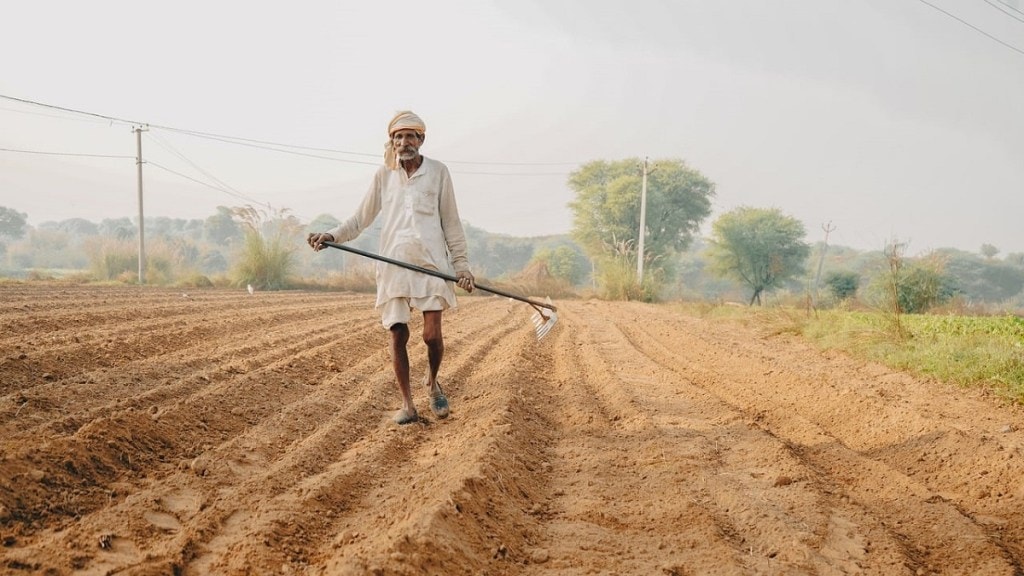Banking services provider in rural parts of the country, SAVE Group on Wednesday said it has secured $13 million from impact investor Incofin India Progress Fund (IPF) and private equity investor Maj Invest Financial Inclusion Fund III.
Founded in 2009, the company provides banking services and financial assistance including business loans, group loans, etc., through its network of banking correspondents.
With the latest capital infusion, Save Group said it is looking to expand its lending verticals through its wholly-owned subsidiaries, providing microfinance loans, secured MSME loans and affordable housing loans.
Speaking on the fundraise, Ajeet Kumar Singh, Co-Founder and Director, SAVE Solutions said that beyond strengthening the company’s ability to expand its loan book, the capital would help the company to deliver financial services in the rural underserved segment.
As of March 2024, SAVE Group reported an Asset Under Management (AUM) of around Rs 1,962 crore with 522 branches spanning 17 states. The company targets approximately Rs 18,000 crore in AUM in the coming five years.
Importantly, out of the $13 million, Maj Invest Financial Inclusion Fund III K/s had invested around $3 million into SAVE Solutions, the holding company of SAVE Group in March 2024.
The remaining $10 million from IPF was deployed into SaGgraha Management Services, a wholly-owned subsidiary of SAVE focusing on microfinance loans through the banking correspondent (BC) model.
“We are quite impressed with SAVE’s diversified product offerings. It’s one of its kind in India. We are excited to partner with the group in its mission of inclusive finance to rural masses,” said Aditya Bhandari, Partner & Regional Director, Asia Equity, Incofin.
According to the company, SaGgraha has a BC AUM of Rs 464 crore and a co-lending AUM of Rs 546 crore, having 237 branches across seven states. The company targets around Rs 5,000 crore AUM in the coming five years.
Retail lending scaled up more in India’s rural areas in comparison to the urban areas across lenders, as lenders started tapping the underserved market segment, with the rural-urban differential growth highest for NBFC and fintech NBFC lenders, said a report in November 2023 by CAFRAL, an independent body of the RBI.
The total retail credit to rural areas was 18.8 per cent of the total credit in 2021. Of 57.58 lakh crore sanctioned by NBFCs in 2021, the share of rural credit accounted for 20.8 per cent, as per the report.


